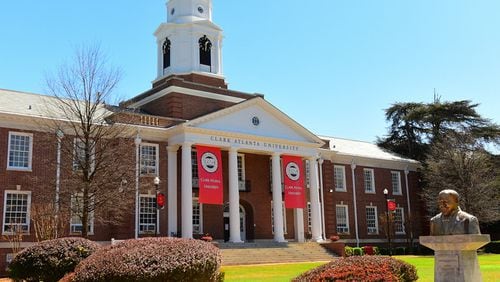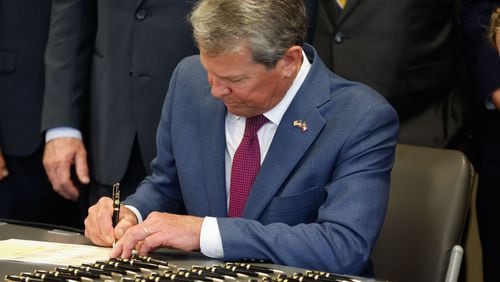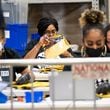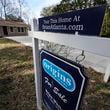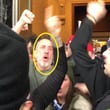One of Atlanta’s historically Black schools is getting a large amount of federal funding administrators hope will make the campus safer for students, visitors and employees.
Clark Atlanta University will receive $630,000 to upgrade the campus’ security camera system and enhance a video integration communication center and fusion platform system, the school announced in a news release Thursday. The project would also enable CAU to replace emergency call boxes across campus.
The money was secured by U.S. Rep. Nikema Williams, D-Ga., through a federal program that allocates funding to private land to provide public safety.
“Through this award from Congresswoman Nikema Williams, Clark Atlanta University is poised to elevate our campus security with the highest-quality technology,” CAU President George T. French Jr. said in a statement. “The safety of our students is paramount, and we will continue our commitment to frequently evaluating and strengthening our safety measures and supporting the excellent work of our dedicated chief of police and campus police department.”
Security has been a concern near CAU and other campuses in the Atlanta University Center. In 2019, two CAU students were among four students injured in a shooting at a block party outside the Atlanta University Center library just hours before the start of the new school year. Three students were injured near the library in October 2022 in what CAU police called a drive-by shooting.
CAU officials said the video integration communication center will help its public safety team better observe larger areas throughout the campus. Additional safety measures will include updating the emergency call boxes to blue light call boxes integrated with security cameras and enhanced lighting. The new blue light call boxes will be placed strategically around campus, especially in frequently traveled, dimly lit areas, CAU officials said.
